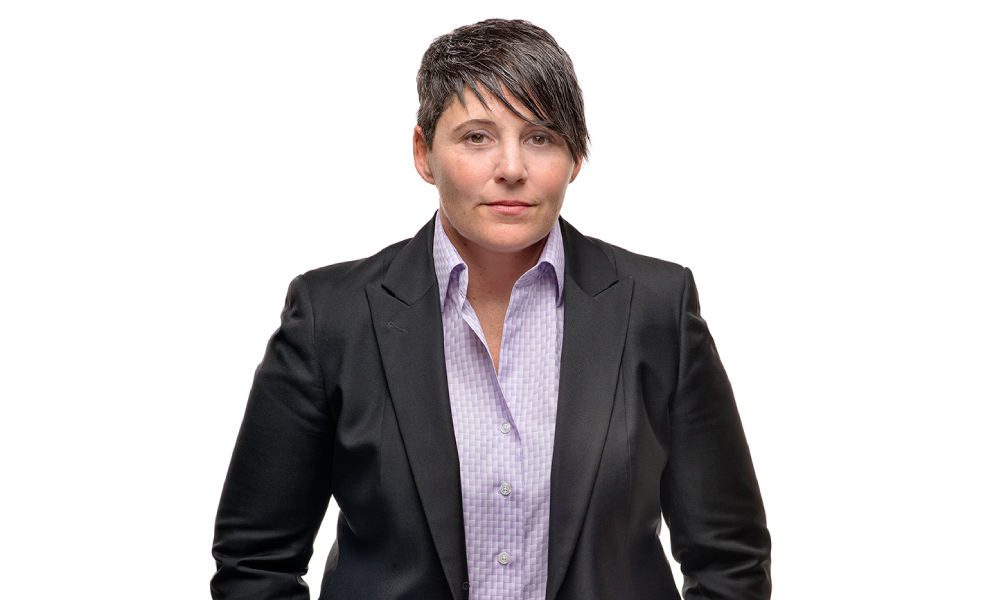These kinds of costs awards are rare because it is based on reprehensible conduct: lawyer

A personal injury lawyer has agreed with the B.C. Supreme Court’s decision to award special costs in a case where defendant Insurance Corporation of British Columbia failed to disclose video footage until around seven years after the accident.
“An award of special costs is very rare because it must be founded in some form of reprehensible conduct,” Jacqueline Small, partner at Holness and Small Law Group, says to Canadian Lawyer.
Small notes that, in the case of Zhang v. 328633 B.C. Ltd., 2021 BCSC 650, the ICBC refrained from disclosing the footage for many years despite the disclosure requirements under the rules of court and despite the video’s plainly obvious relevance to determining whether the defendant was liable and whether the elements of a hit-and-run accident under s.24 of the Insurance (Vehicle) Act, R.S.B.C. 1996, c. 231 were met.
Small, who wrote a blog post summarizing the case and noting that this was not the first time that the court has punished the ICBC for withholding trial evidence damaging to its own case, says that the ICBC’s non-disclosure at trial and until the close of evidence, for which it gave no explanation, and its continued denial of the hit-and-run claim despite footage showing otherwise led to an unnecessary waste of time and expenses at trial.
The case arose from a motor vehicle accident. The plaintiff, who was riding a bus, was thrown from her seat and sustained multiple injuries when an unidentified pick-up truck turned into the bus’s lane and caused the bus driver to brake forcefully. An array of video cameras inside the bus captured footage of the accident, showing that the truck’s brake lights were turned on and should have been visible to the bus driver for a few seconds.
The trial judge awarded damages of $966,778.76 to the injured plaintiff. The trial judge determined that the bus driver was negligent. Based on the video footage, the bus driver should have been aware of the potential risk requiring an exercise of caution, should have slowed down to better assess the truck driver’s intentions and should have considered that the truck driver possibly meant to merge into the bus’s lane, the trial judge said.
In the present proceedings, the plaintiff applied for special costs of $5,000 under Rule 14-1(1)(b) of the Supreme Court Civil Rules, among other claims, on the basis that the ICBC committed reprehensible conduct when it delayed disclosure of the video and refused to admit that the requirements under s. 24 of the Insurance (Vehicle) Act had been met until the close of evidence.
The Supreme Court of British Columbia found that the combination of the delayed disclosure of the video evidence and the ICBC’s failure to admit the applicability of s. 24 in a timely manner justified a limited special costs award. However, the court found no basis to award such costs in the amount of $5,000, given the lack of evidence on the plaintiff’s legal fees or wasted time. The court said that the amount of special costs will be decided based on agreement, and failing agreement, based on the assessment by the registrar.
The court said that the delayed disclosure, for which the ICBC provided no excuse, amounted to reprehensible conduct because the video footage constituted clear, overwhelming, and integral evidence regarding the facts of the accident and the issue of liability.
The court also said that the video evidence was relevant to the issue of whether there was a failure to admit until the close of evidence that the requirements for a hit-and-run under s. 24 of the Insurance (Motor Vehicle) Act had been met. The court found that, because of this delay in admission, needless time and expense were spent in resolving the s.24 issue.










